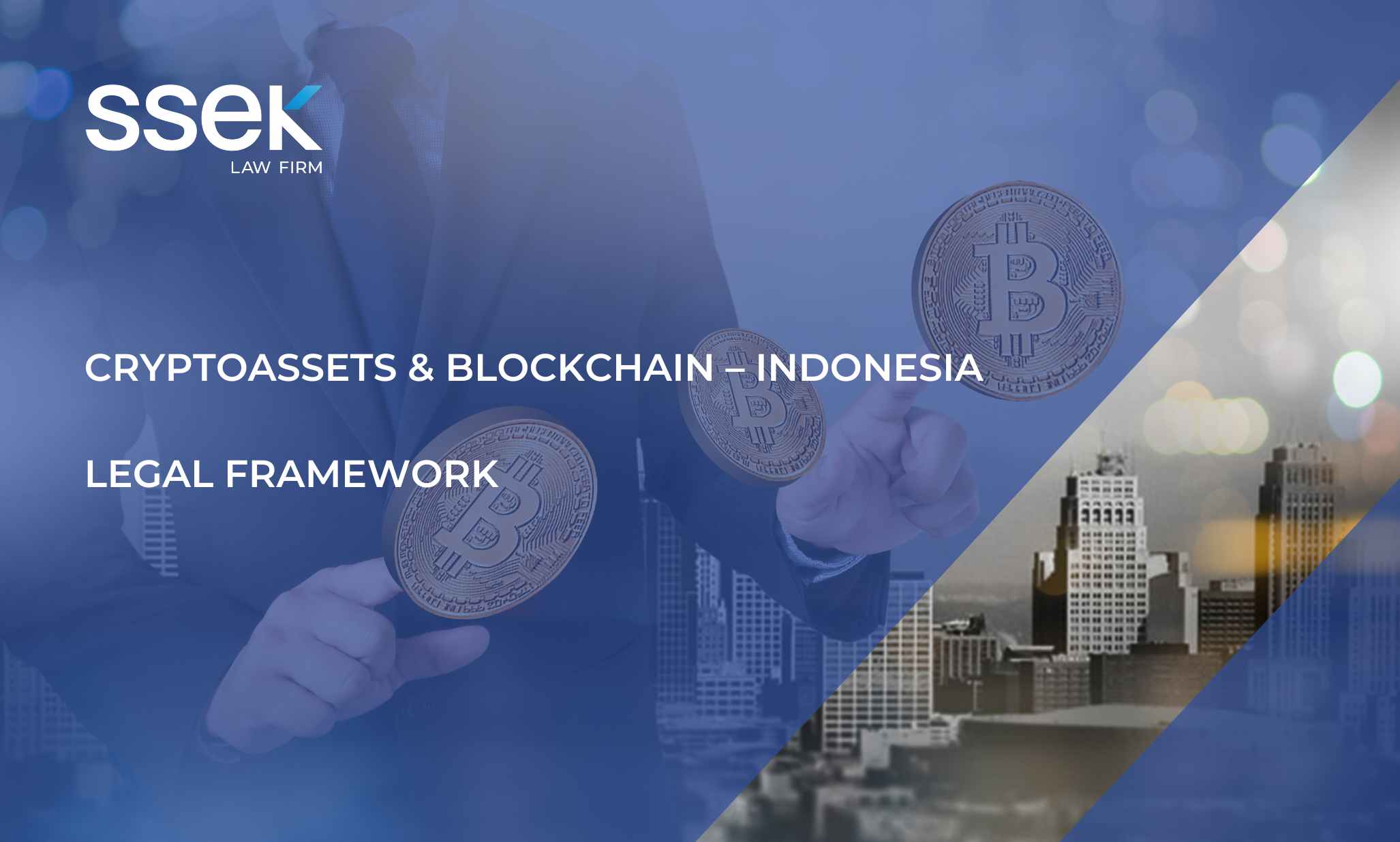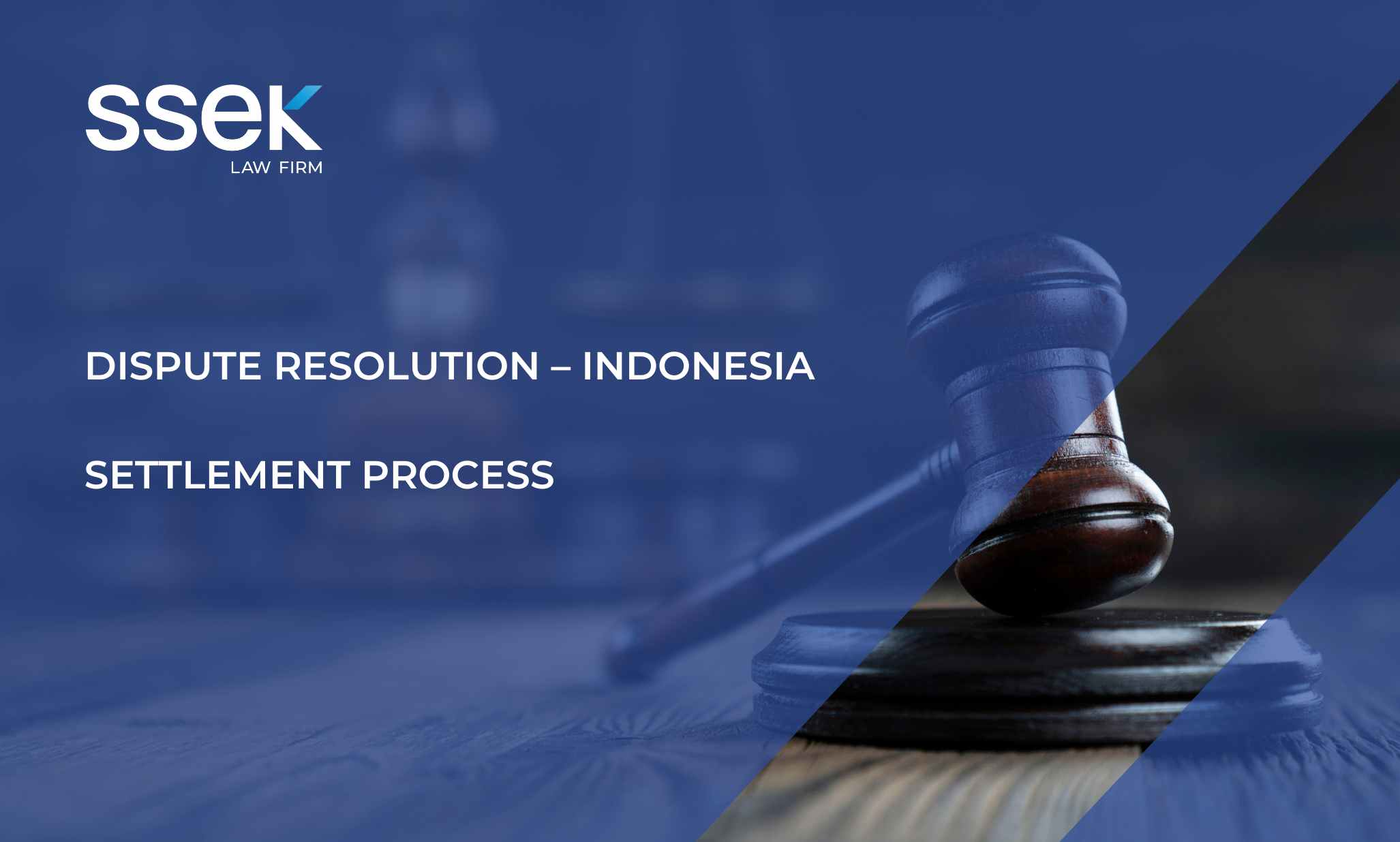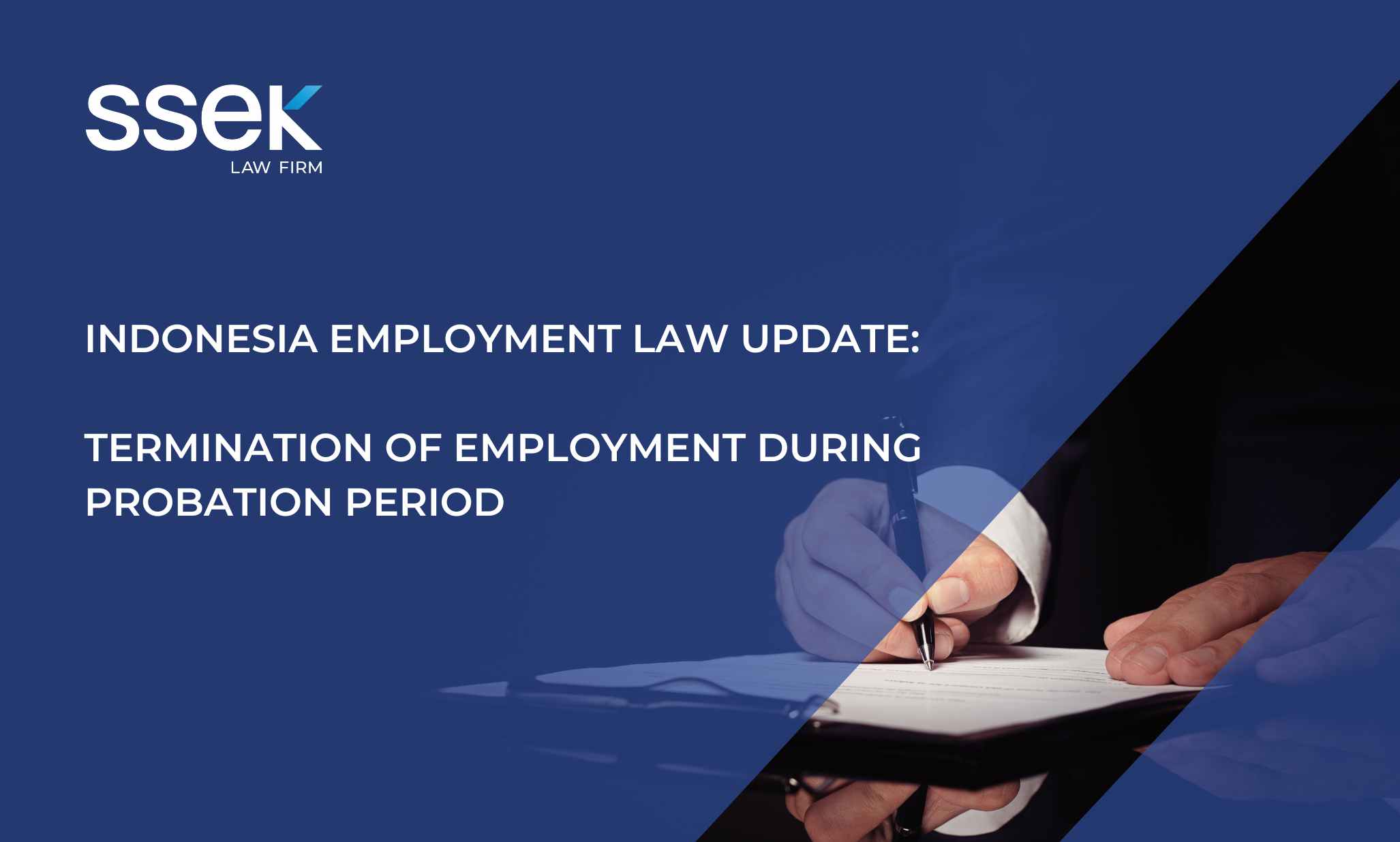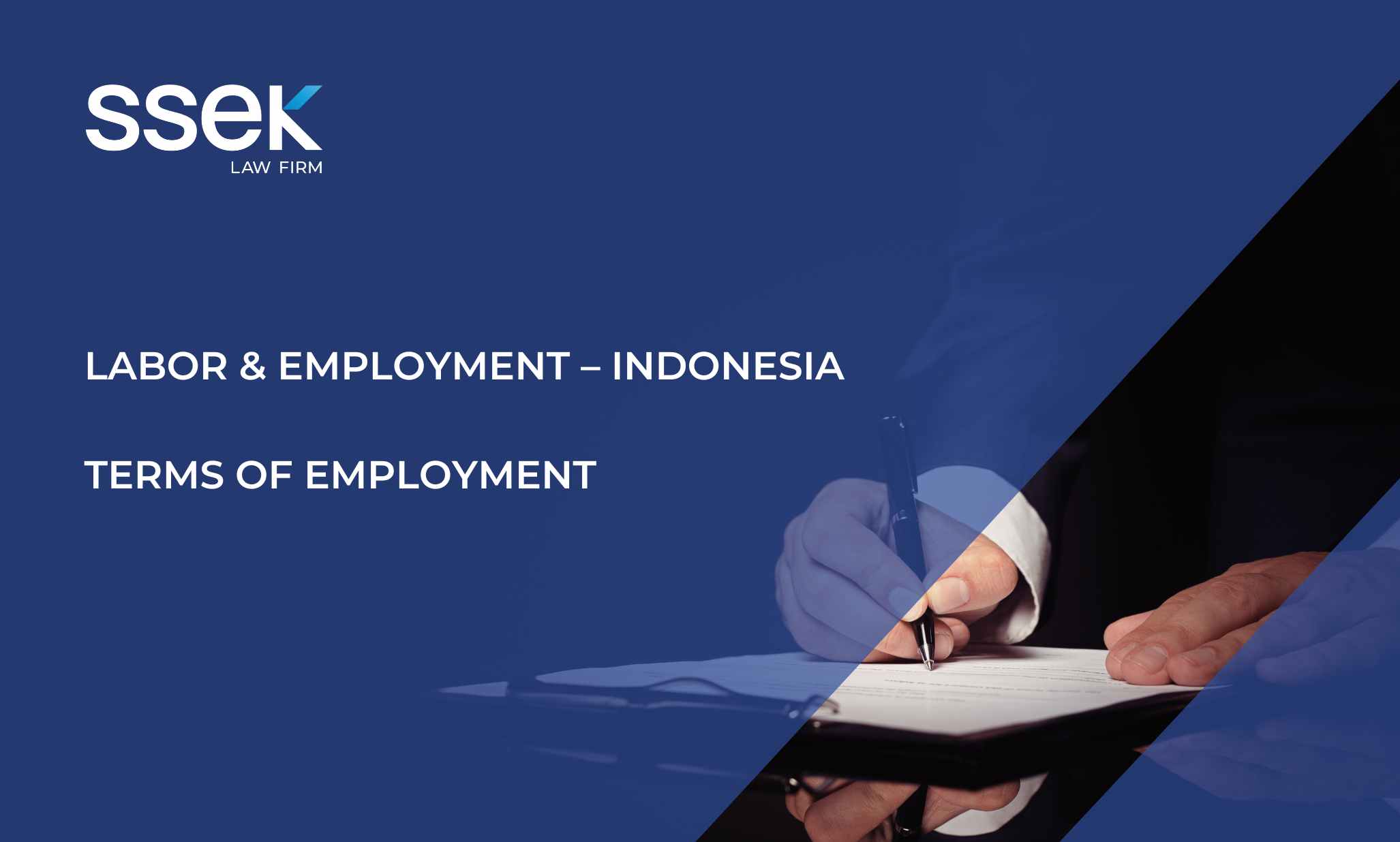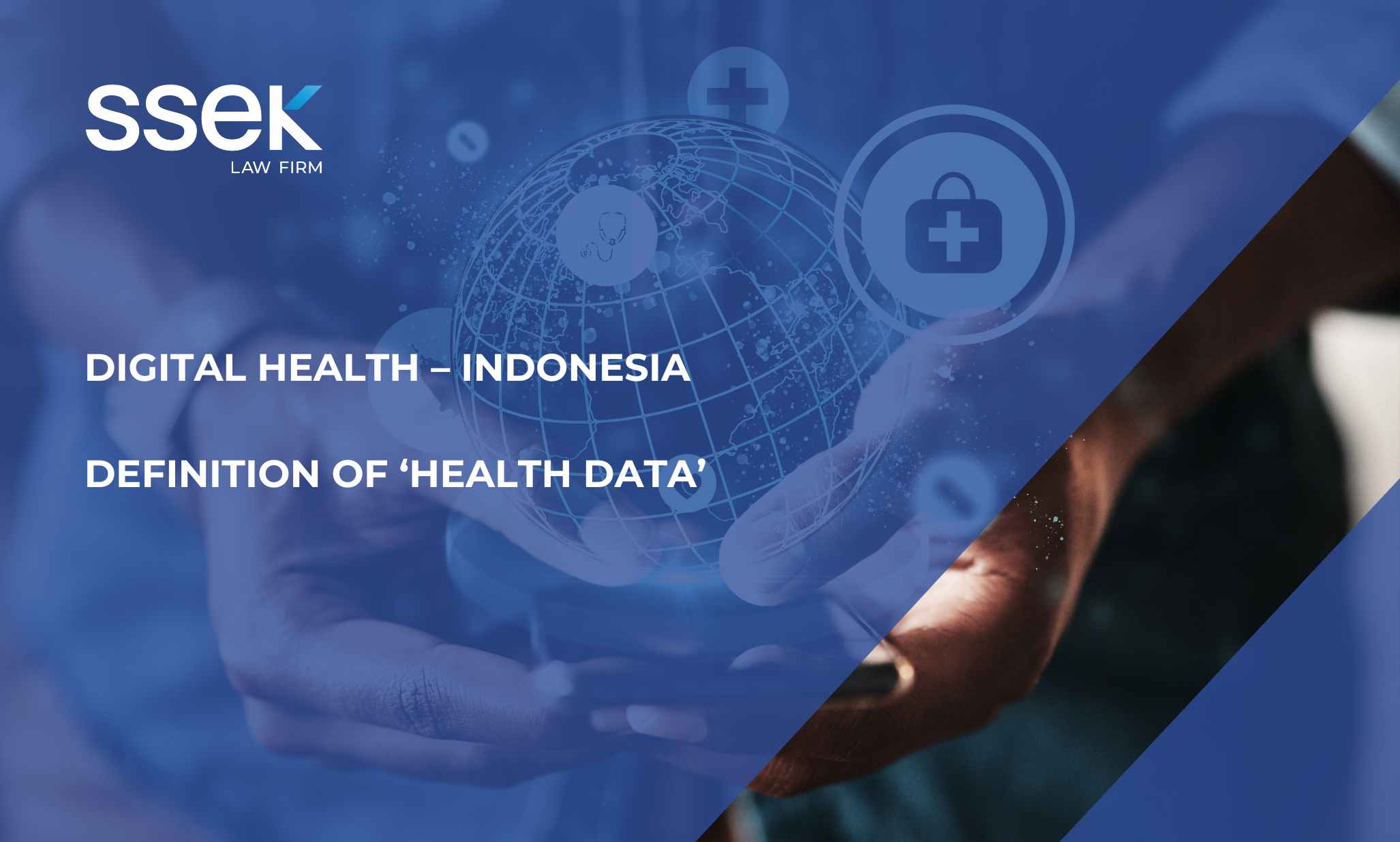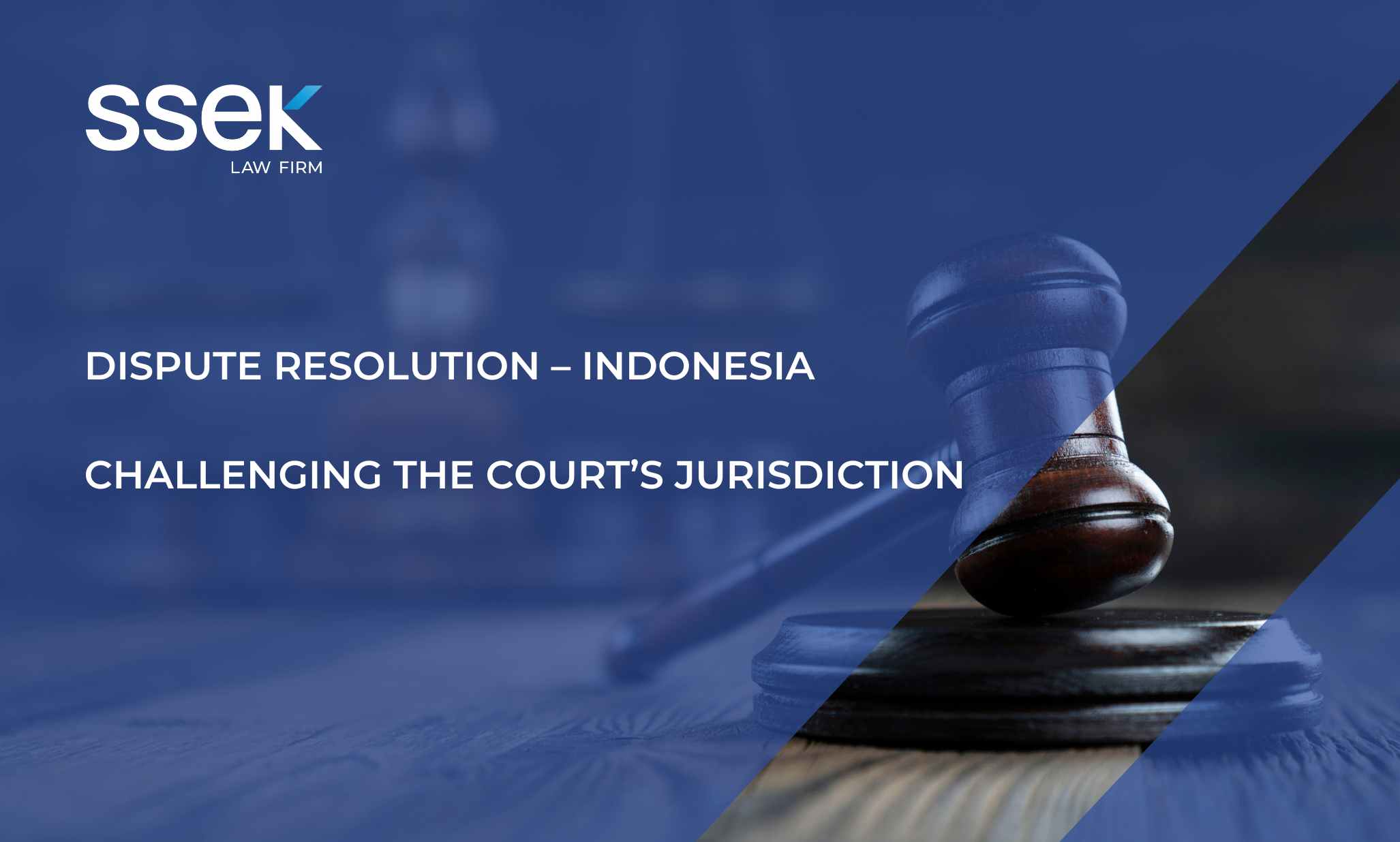


Parties in Indonesia can challenge the court’s jurisdiction, which can be done by raising objections at the beginning of the legal proceedings in the form of an exception. These exceptions encompass:
- Absolute competence, which challenges the court’s jurisdiction based on the subject matter of the case. For instance, if a defendant contends that the matter falls under the purview of the industrial relations court rather than the commercial court. Further, if the parties have a valid arbitration agreement, a party may compel the dispute to be settled through arbitration instead of through the courts.
- Relative competence, which similarly challenges the jurisdiction of the court but focuses on territorial considerations. For example, if a defendant argues that the case should fall within the jurisdiction of the Central Jakarta District Court rather than the South Jakarta District Court.
The concept of anti-suit orders, where a court orders a party not to proceed in another court, is not established in Indonesian law. However, parties can seek similar relief through other means, such as by challenging the court’s jurisdiction to prevent the case from proceeding.
Case Management
Article 2(4) of Law No. 48 of 2009 regarding Judicial Authority (the Judiciary Law) imposes on the courts the duty to conduct proceedings in a straightforward, expedient and cost-efficient manner. However, in a civil dispute, the parties can suggest and agree on a timetable for the hearings. This timetable would then have to be approved by the panel of judges.
The Supreme Court has provided guidelines on the expected timetable for proceedings. Under these guidelines, district courts are to resolve cases within five months and appeals in the high courts are to be decided within three months. However, district court judges can request extensions with the approval of the chief of the relevant district court. In practice, it is common for court proceedings to last longer than the timetable in the Supreme Court guidelines.
Excerpted from Lexology Panoramic: Dispute Resolution 2024, published by Law Business Research.
Find the Indonesia chapter of Lexology Panoramic: Dispute Resolution 2024 here.
Further reading:
SSEK Partners Recognized for Indonesia in Benchmark Litigation Asia-Pacific
This publication is intended for informational purposes only and does not constitute legal advice. Any reliance on the material contained herein is at the user’s own risk. All SSEK publications are copyrighted and may not be reproduced without the express written consent of SSEK.




